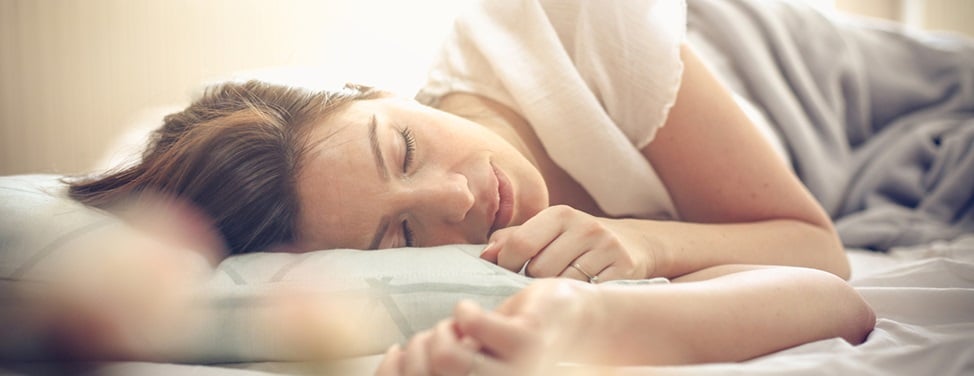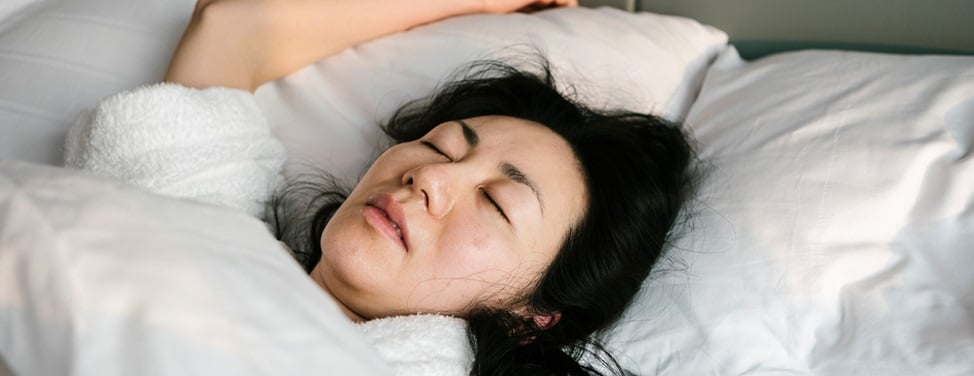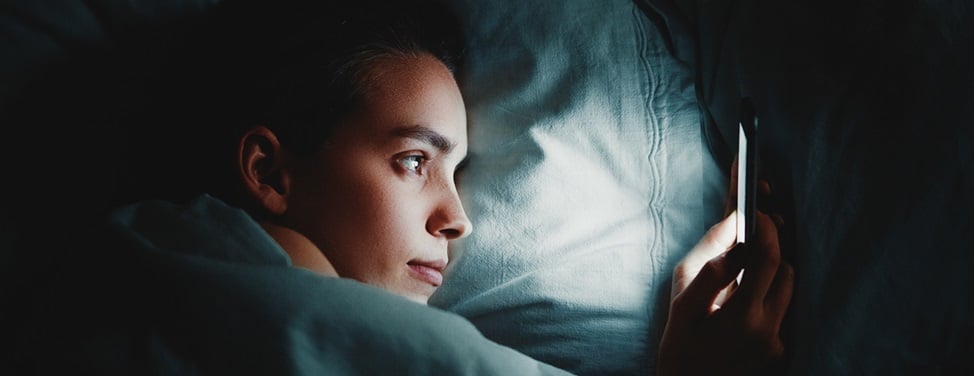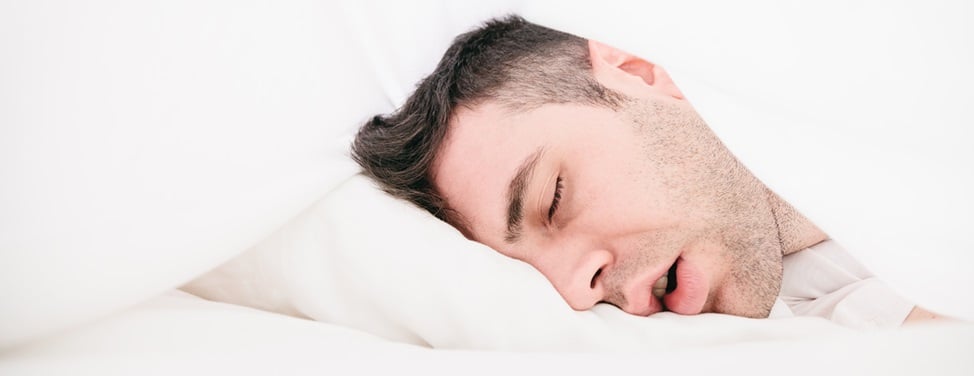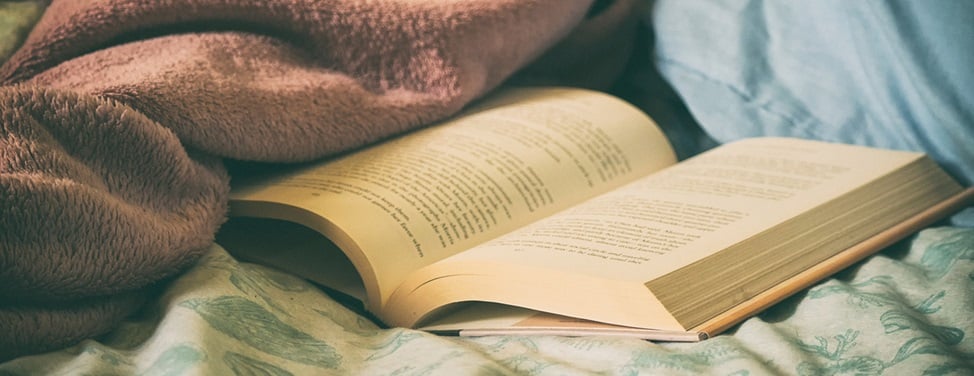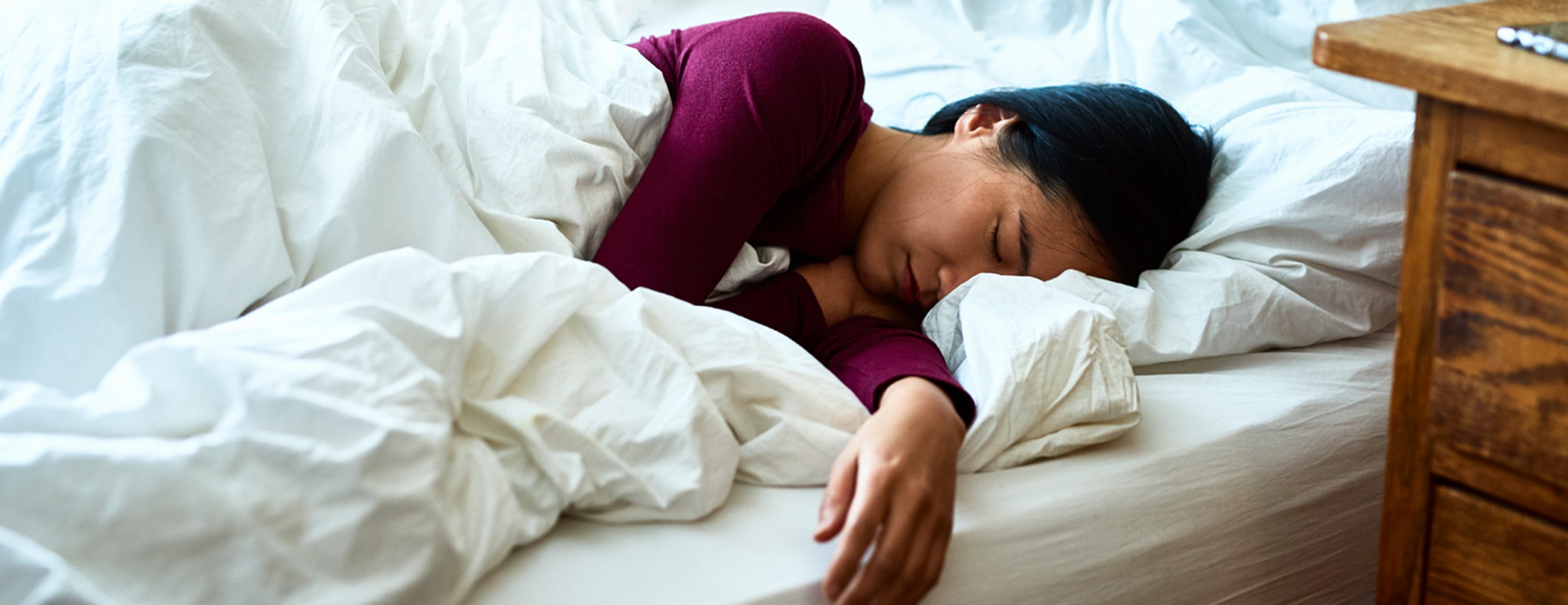
Overnight Sleep Study
At the UCSF Sleep Disorders Center, one of the methods we use to diagnose sleep disorders is an overnight sleep study. If you are scheduled for an overnight sleep study at our center, your referring doctor will provide you with instructions about how to prepare for this evaluation. It's important that you don't take any sleeping medication, alcohol or caffeine-containing beverages before the study.
A sleep study, also known as a polysomnogram, is a combination of procedures that test a patient's sleep cycles and stages. It consists of continuous recordings of brain waves using an electroencephalogram, eye movement using an electrooculogram, electrical activity of muscles, blood oxygen saturation, respiratory rate and heart rhythm, along with direct observation of the sleeping person.
On the evening of your sleep study, you'll arrive at the Sleep Testing Laboratory and will be provided a comfortable private room. Electrodes will be placed on your scalp, the outer edge of your eyelids and on your chin. Instruments will record your movements, the time it takes you to fall asleep, and other factors. You also will be videotaped while you are sleeping.
UCSF Health medical specialists have reviewed this information. It is for educational purposes only and is not intended to replace the advice of your doctor or other health care provider. We encourage you to discuss any questions or concerns you may have with your provider.






